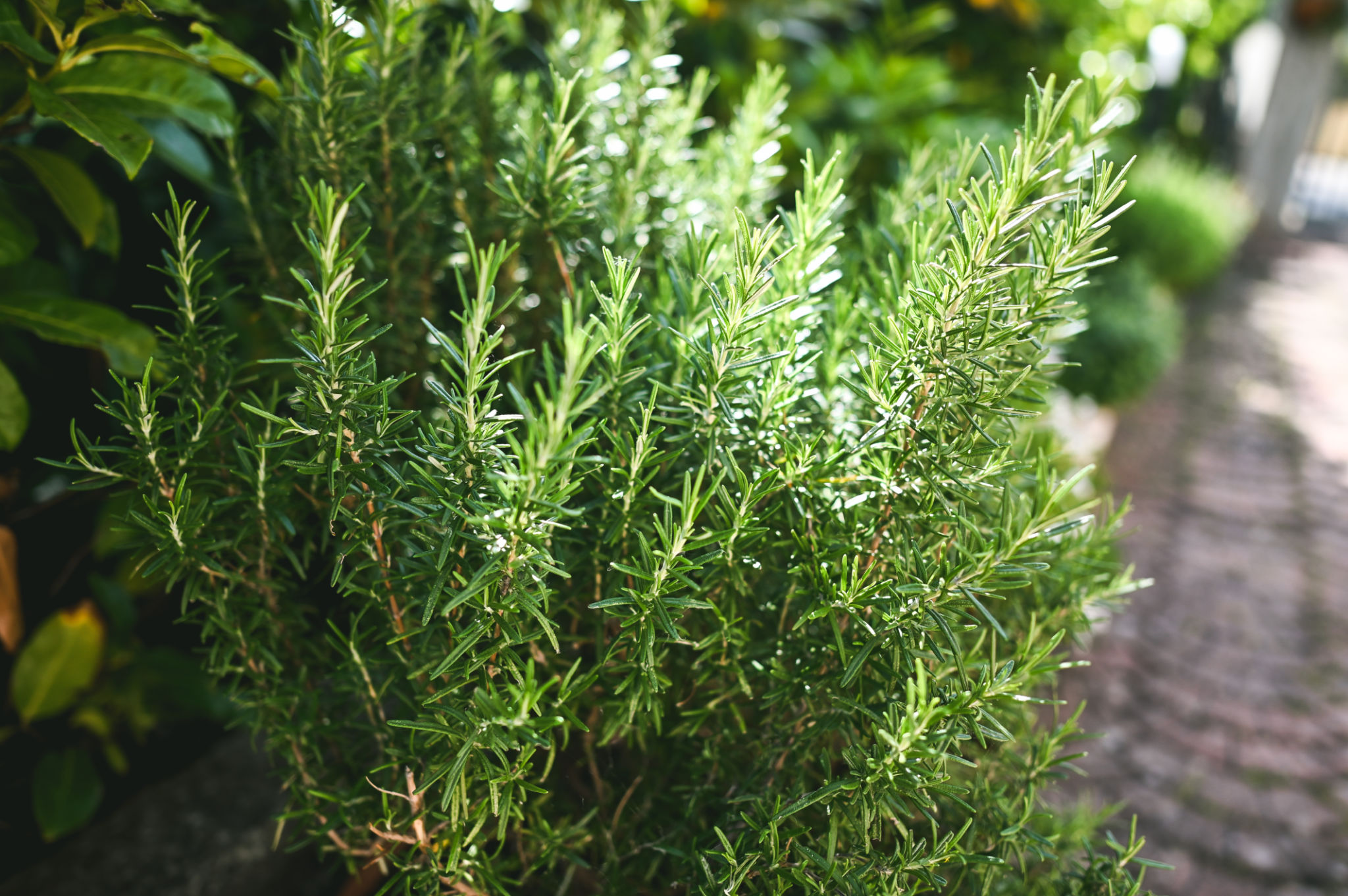Comparative Guide: Organic vs. Conventional Gardening Practices
Understanding Organic Gardening
Organic gardening is a method that focuses on cultivating plants without the use of synthetic fertilizers and pesticides. This approach relies heavily on natural processes and cycles to maintain soil fertility and control pests. The primary goal of organic gardening is to create a balanced ecosystem that supports healthy plant growth while minimizing environmental impact.
One of the key practices in organic gardening is composting. By recycling organic waste into nutrient-rich compost, gardeners can enrich the soil naturally. This not only reduces the need for chemical fertilizers but also helps in improving soil structure and water retention.

Conventional Gardening Practices
Conventional gardening, on the other hand, often involves the use of synthetic fertilizers, pesticides, and herbicides to promote plant growth and control pests. This approach is generally more focused on maximizing yield and efficiency, sometimes at the expense of environmental sustainability.
While conventional methods can lead to impressive short-term results, they may also contribute to issues such as soil degradation, water pollution, and the disruption of local ecosystems. Additionally, over-reliance on chemical inputs can lead to the development of pest resistance and reduced soil fertility over time.
Environmental Impact
The environmental impact of each gardening practice varies significantly. Organic gardening encourages biodiversity by creating a habitat for beneficial insects and microorganisms. This helps in naturally controlling pest populations and ensuring the long-term health of the garden.
In contrast, conventional gardening methods can lead to reduced biodiversity due to the extensive use of chemicals that harm non-target organisms. Over time, this can weaken the resilience of the garden ecosystem, making it more susceptible to pest outbreaks and diseases.

Health and Safety Considerations
Health and safety are crucial factors to consider when choosing between organic and conventional gardening. Organic produce is often perceived as healthier because it is grown without synthetic chemicals. This reduces the risk of chemical residues on fruits and vegetables, which can be a concern for some consumers.
Conversely, conventional gardening can expose both gardeners and consumers to potentially harmful chemicals. While regulatory bodies set limits on pesticide residues, some individuals prefer to avoid them altogether by choosing organic methods.
Cost Implications
Cost is another crucial factor to consider. Organic gardening often involves higher upfront costs due to the initial investment in organic materials and tools. However, it can be more cost-effective in the long run by reducing dependency on purchased inputs like fertilizers and pesticides.
Conventional gardening might offer lower initial costs due to the availability of affordable synthetic products. Yet, ongoing expenses for these inputs can add up over time, especially if soil health deteriorates and requires additional intervention.

Making the Right Choice
The choice between organic and conventional gardening largely depends on personal priorities and resources. If environmental sustainability and long-term soil health are top priorities, organic gardening might be the best choice. It promotes a holistic approach to growing plants that aligns with natural processes.
For those who prioritize immediate results and high yields, conventional gardening could be more appealing. However, it's essential to consider potential long-term consequences on both health and the environment when opting for this approach.
Conclusion
Both organic and conventional gardening practices have their merits and challenges. Understanding these differences allows gardeners to make informed decisions that align with their values, goals, and available resources. Whether choosing organic or conventional methods, thoughtful planning and management are key to cultivating a successful and sustainable garden.
